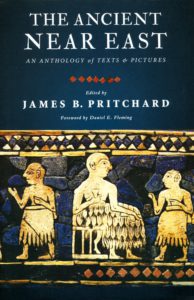B. Question: What did Jesus Christ say about the nature of the Bible as God’s Word being? Christ as the resurrected saviour spoke with infallible authority. He confirmed the divine authority of the Old Testament, that is, Scripture as God’s revealed Word is normative for moral conduct before God and is the final authority in settling theological disputes.
C. The New Testament claims to be on the level of authority of the O.T. (2Peter 3:16). Christ had promised the disciples of the Spirit to guide them into all the truth (John 16:12, 13; Matt. 10:20; Mark 13:11; Luke 12:12); and the commandments of the Lord did come through the apostles (2 Peter 3:2).
D. Conclusion: The bible as the basis of faith is thus well summed up in Eph. 2:20, “Built upon the foundation of the apostles and prophets, Jesus Christ Himself being the chief cornerstone.”
You can view the video at:
Christ’s attestation is the foundation of Christian belief in the Bible as God’s word. IAB. Part 03/10
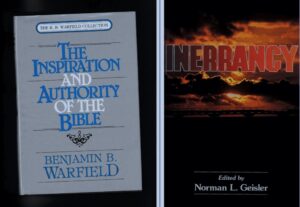 A.
A. 
 What is Biblicism?
What is Biblicism?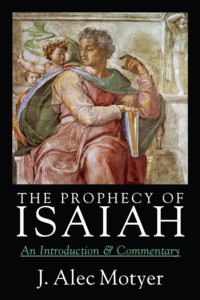
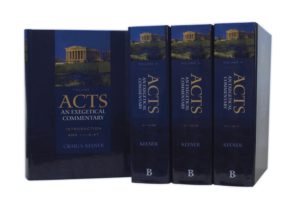 Bart Ehrman’s Challenge to Evangelicals to Renew Studies on NT Introduction
Bart Ehrman’s Challenge to Evangelicals to Renew Studies on NT Introduction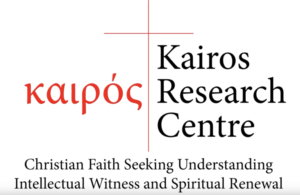
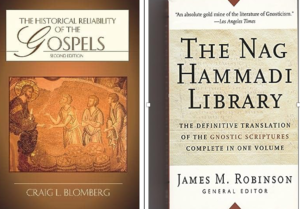 Question: But critics like Elaine Pagels & Bart Ehrman argue that this traditional history of orthodoxy is skewed because it grants greater authority to the canonical gospels and ignores the other (gnostic ) gospels. Why do you think the canonical four gospels provide more accurate historical information about Jesus than the gnostic gospels?
Question: But critics like Elaine Pagels & Bart Ehrman argue that this traditional history of orthodoxy is skewed because it grants greater authority to the canonical gospels and ignores the other (gnostic ) gospels. Why do you think the canonical four gospels provide more accurate historical information about Jesus than the gnostic gospels?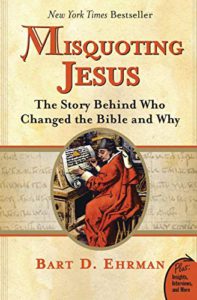 Bart Ehrman’s primary mission in life is undeniable. It is to discredit Christianity and to deconvert Christians from their faith. Ehrman’s attack on Christianity has been effective because he claims to be speaking as an objective historian (which is debatable), in contrast to apologists and theologians defending their faith and because he is speaking as a lapse fundamentalist with insider-knowledge. Ehrman’s attack on Christianity is comprehensive, but I shall only highlight three of his favorite lines of attack on Christianity.
Bart Ehrman’s primary mission in life is undeniable. It is to discredit Christianity and to deconvert Christians from their faith. Ehrman’s attack on Christianity has been effective because he claims to be speaking as an objective historian (which is debatable), in contrast to apologists and theologians defending their faith and because he is speaking as a lapse fundamentalist with insider-knowledge. Ehrman’s attack on Christianity is comprehensive, but I shall only highlight three of his favorite lines of attack on Christianity. 